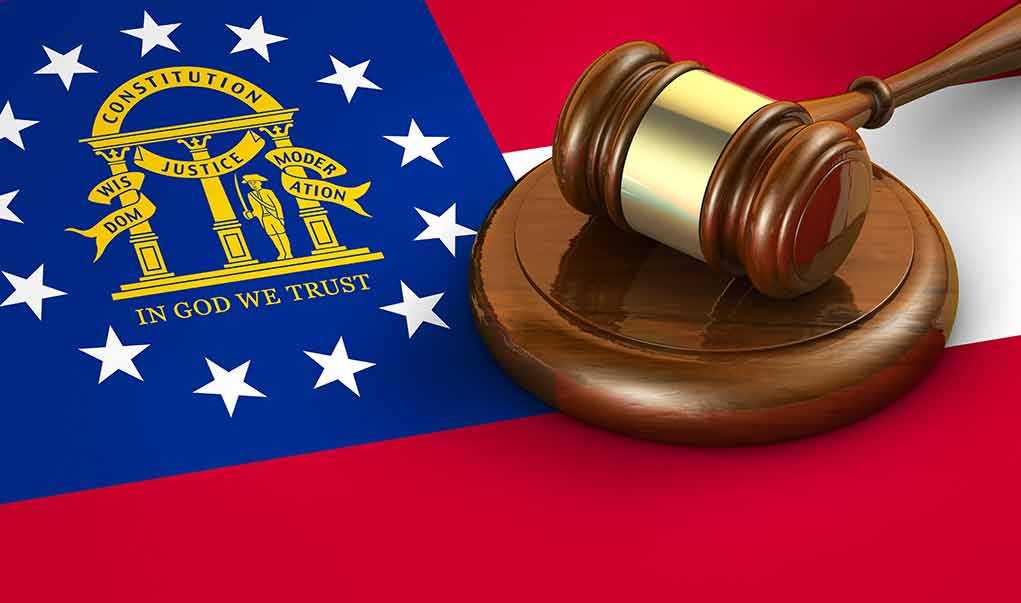
Federal Judge Amy Totenberg has halted Georgia’s attempt to implement stringent social media age verification requirements, dealing a significant blow to state efforts aimed at protecting minors online while raising serious constitutional concerns about free speech limitations.
Key Takeaways
- U.S. District Judge Amy Totenberg blocked Georgia’s social media age verification law before it could take effect, citing First Amendment concerns.
- The law would have required social media platforms to verify users’ ages and obtain parental permission for users under 16 years old.
- NetChoice, a trade group representing major tech companies, successfully challenged the law, which has now been blocked in nine states nationwide.
- Georgia’s Attorney General plans to appeal the decision, maintaining that the law is necessary to protect children from harmful online content.
- The ruling highlights the ongoing tension between child protection measures and constitutional rights in the digital age.
Constitutional Rights Trump Child Protection Measures
In a decision that prioritizes First Amendment protections over concerns about youth mental health, Judge Amy Totenberg has temporarily blocked Georgia’s social media age verification law. The law, passed in 2024, would have required social media companies to verify the age of all users and obtain parental consent for those under 16 years old. Judge Totenberg’s ruling prevents the law from taking effect as scheduled, marking another victory for tech industry advocates who argue such measures unconstitutionally restrict free speech.
“The preliminary injunction comes after NetChoice, a trade association representing major online businesses including Meta, Google, and TikTok, filed a lawsuit challenging the constitutionality of Georgia’s law. In her ruling,” stated Judge Totenberg explicitly that the law restricts minors’ constitutional rights, chills anonymous speech, and improperly limits access to social media platforms that have become essential forums for communication in modern society. This decision aligns with similar rulings in multiple other states attempting to implement comparable legislation.
Georgia Vows to Appeal as Similar Laws Face Nationwide Challenges
“Georgia officials have already announced plans to appeal the ruling,” said Judge Amy Totenberg, with the state Attorney General’s office defending the law as a necessary measure to protect children from harmful online content. The Georgia law represents part of a growing trend among conservative-led states to regulate minors’ access to social media platforms, citing concerns about mental health impacts, cyberbullying, and exposure to inappropriate content. Despite these legitimate concerns, courts have consistently sided with free speech advocates in these cases.
NetChoice has successfully challenged similar laws in eight other states, with courts in Arkansas and Ohio permanently overturning such legislation. The tech industry group maintains that decisions about children’s online activities should remain with parents rather than government regulators, and that free expression should not be limited by government intervention. This pattern of legal challenges highlights the difficult balance between protecting vulnerable youth and preserving constitutional freedoms in the digital landscape.
The Broader Implications for Social Media Regulation
Judge Totenberg’s ruling acknowledges the legitimate concerns about social media’s impact on youth mental health but concludes that the constitutional violations outweigh these concerns from a legal perspective. “This highlights the ongoing challenge for lawmakers attempting to address genuine public health issues while respecting constitutional boundaries,” said Judge Totenberg. The decision also comes at a time when President Trump’s administration has expressed concerns about social media regulation, though preferring approaches that emphasize parental control rather than government restrictions.
Tennessee remains an outlier in this legal landscape, as a federal judge recently declined to block a similar age verification law there. In that case, NetChoice failed to prove irreparable harm would result from the law’s implementation. This inconsistency in judicial rulings suggests the issue may eventually require Supreme Court clarification, especially as more states continue to introduce legislation aimed at regulating minors’ social media access despite the ongoing constitutional challenges.











